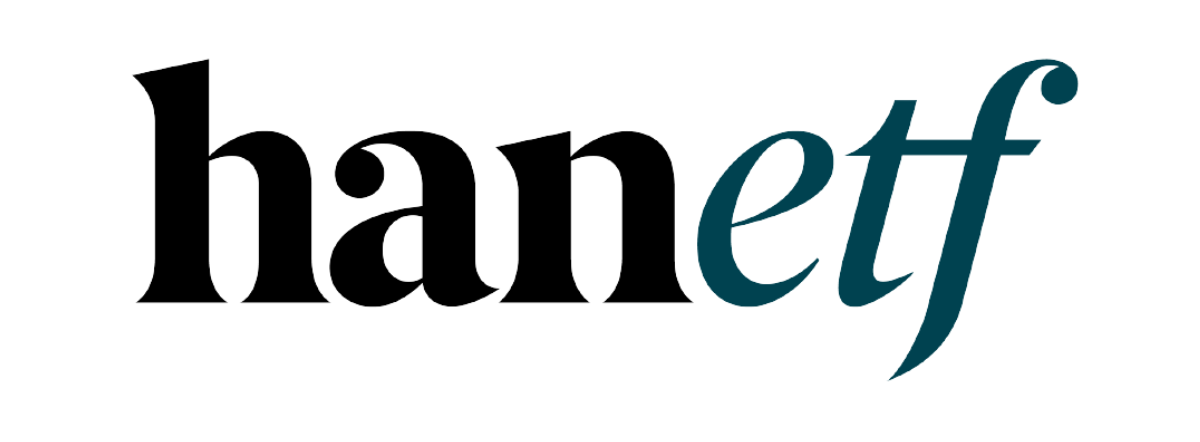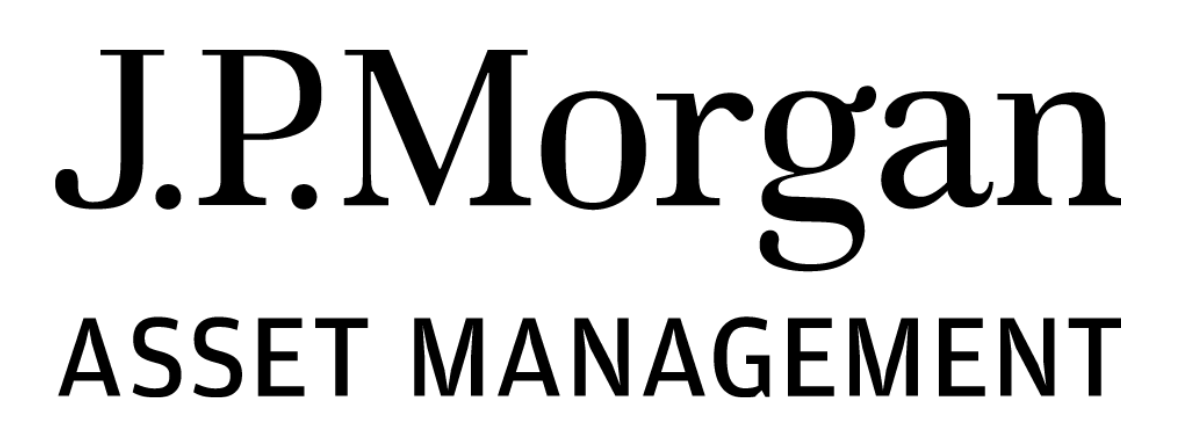ETF Stream’s first full day digital event, Big Call: Emerging Markets, took place on 16 September. The event focused on a range of topics including what opportunities are there within emerging market debt, China A-Shares’ dominance following index inclusion and the market's compatibility with sustainable strategies.
A large portion of emerging markets, notably in East Asia, saw a significant recovery period following a spike in volatility in March when the impact of coronavirus began taking its toll. This meant emerging market ETFs offered some very attractive returns year-to-date, particularly those within the technology sectors.
However, it was not just the emerging equity markets that have shown opportunities. A weakening US dollar and the potential for a greater yield meant the local currency emerging debt market was also a key area investors have been analysing.
In tandem with markets recovering, ESG strategies have shown impressive outperformance which has been mostly contributed by their exposures to the technology sector. However, some have argued that emerging markets and ESG are not compatible.
Nonetheless, the region has been supported by the powerhouse that is China which has shown a remarkable response to the coronavirus turmoil.
The event started with a keynote from Kerry Brown, professor of Chinese studies at King’s College London, who touched on how China has not seen a significant second spike in the infection rate of coronavirus and as a result, has seen a better economic recovery compared to some.
Furthermore, Brown said China is a key player within the development of other important areas.
“China remains a significant partner, and in some ways an increasingly important partner, in terms of technology and intellectual property,” Brown said. “Chinese universities are rising up to be included in the world top 20 rankings.”
Over the next 12 months, Kerry highlighted two challenges China will likely face surrounding geopolitical tensions, notably with the US, India and large parts of Europe, as well as focusing on restoring its economic fortunes lost from the coronavirus turmoil.
China has been involved in a number of events in recent months which has impacted other countries within the emerging markets. These events were noted in the first panel discussion of the day. TS Lombard’s Jon Harrison, Nutmeg’s Brad Holland and Accenture Research’s Mark Purdy highlighted the ongoing trade war with the US as a crucial factor emerging market investors should continue to monitor.
US/China trade war: The story so far
This phase has only been a small part of a very big discussion and will most definitely be carrying on at the latter end of 2020 and beyond so will be a factor being taken into consideration by investors.
Additionally, Harrison said how the central banks within these regions have a large debt to GDP ratio to offset the damages seen to economies recently which could likely see debt crises among frontier and smaller emerging markets.
The second panel of the morning looked at how investors have been gaining exposure to the EM debt market with Katherine Magee of JP Morgan Asset Management, AJ Bell’s Matt Brennan and John Leiper, CIO at Tavistock Wealth.
Leiper said EM debt offers significant diversification benefits within a multi-asset class portfolio and positive yield given a large portion of developed market interest rates are hovering at, or close to, zero.
The panel also predicted the US dollar would weaken meaning local currency debt will become far more appealing, especially as the yields for EM local debt have been "fairly consistent", according to Brennan.
Following this discussion, HANetf’s Andre Voinea explained how the firm’s EMQQ Emerging Markets Internet and Ecommerce UCITS ETF (EMQQ) has surpassed $100m assets under management (AUM) following an impressive outperformance in the recovery period seen since March.
EMQQ’s index outperformed the MSCI Emerging Markets index by 49% between January and June this year.
The penultimate panel discussion of the day included HSBC Global Asset Management’s Patricia Keogh, Close Brothers Asset Management’s Weixu Yan and Johannes Petry of the University of Warwick, who discussed the dominance of China A-Shares within emerging market indices.
The purpose of these major indices is to be reflective of what the market capitalisation of these countries, however, A-Shares are yet to see their true size weighted accordingly, Keogh said. The China A-Shares market is considered to some as the largest in the world given its purchasing power.
She continued to comment on investors' scepticism of the A-shares’ dominance, but one could argue that the US has a large dominance within MSCI equity indices too.
One of the most popular strategies over the past 18 months, and notably over the recovery period in 2020 for its outperformance is ESG, but how does it fare within emerging market exposures? Patrick Thomas, head of ESG investments at Canaccord Genuity Wealth Management and Dimitar Boyadzhiev of Morningstar, were not confident this as a match made in heaven.
Sector biases towards technology and against energy have been favourable for ESG strategies within emerging market products recently but this has also been seen within the developed markets too, according to Thomas. He continued by arguing that investors should choose whether they want to increase their emerging market exposure or reducing their portfolios’ environmental and social impact as the two do not make sense together.
The event concluded by a presentation by Henry Cobbe of Elston Consulting, commenting on the recent performance and flows of emerging market ETFs.
Cobbe highlights equity ETF flows have shown $37bn worth of assets has been pulled from emerging market equity ETFs year-to-date, which leaves total assets under management to $380bn.
For the fixed income asset class, there has been $3.7bn in cumulative outflows for the same period. With the bond ETF market, in general, being a much smaller market, total assets in the EM debt ETFs was at $54bn.
Finally, ETF Stream would like to say a massive thank you to all the speakers and attendees who contributed invaluable insight around a very relevant and important topic within the broad market and ETF landscape. Additionally, thank you to the sponsors who helped make the event such a success.





